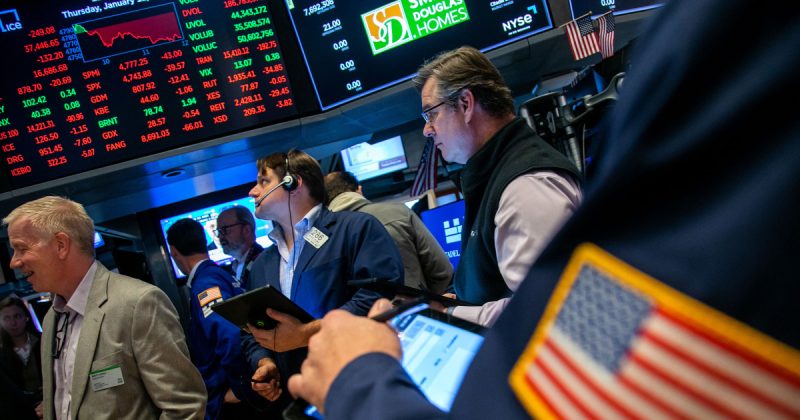
President Donald Trump’s recent executive order has sent ripples through the retirement savings landscape, potentially opening the door for investments in private equity, cryptocurrency, and other alternative assets within 401(k) plans. This move, lauded by some in the financial industry, has sparked considerable debate among experts and retirement savers alike. While proponents highlight the potential for increased diversification and higher returns, critics raise serious concerns about the increased risk and lack of transparency inherent in these alternative asset classes.
The executive order directs the Department of Labor to review its existing guidance on alternative assets within 180 days, potentially paving the way for broader inclusion in 401(k)s. This could significantly impact the investment options available to millions of Americans. However, the decision to offer such plans will ultimately rest with employers, many of whom are expected to hesitate due to potential liability for any resulting losses.
One of the key concerns revolves around the inherent risks associated with private equity and cryptocurrency. These markets are often characterized by less transparency and liquidity than traditional stock markets, making it difficult to assess the true value of investments and potentially hindering the ability to sell assets quickly, especially during market downturns. Furthermore, the fees associated with these alternative investments are typically significantly higher than those charged for traditional 401(k) options like mutual funds and ETFs.
Financial experts warn that the potential for higher returns should not overshadow the significantly elevated risk. The lack of readily available information and the potential for illiquidity could lead to substantial losses for less-informed investors, particularly those who rely heavily on their 401(k)s for retirement security. Recommendations to limit exposure to these alternative assets to a small percentage of a portfolio are frequently voiced, emphasizing the need for caution and thorough understanding before investing.
The Securities Industry and Financial Markets Association (SIFMA) has expressed support for the executive order, arguing that increased access to private markets could improve diversification and offer more investment choices for retirement savers. However, this optimistic view contrasts sharply with the concerns voiced by numerous financial experts who worry about the potential for widespread harm to less-sophisticated investors.
The upcoming changes are likely to unfold over several months as the Department of Labor and the Securities and Exchange Commission assess the implications and provide updated guidance. In the meantime, experts stress the importance of education and the need for robust safeguards to protect retirement savings. The focus should be on ensuring that investors have the necessary information and understanding to make informed decisions, mitigating the risks associated with these potentially lucrative but inherently volatile asset classes.










